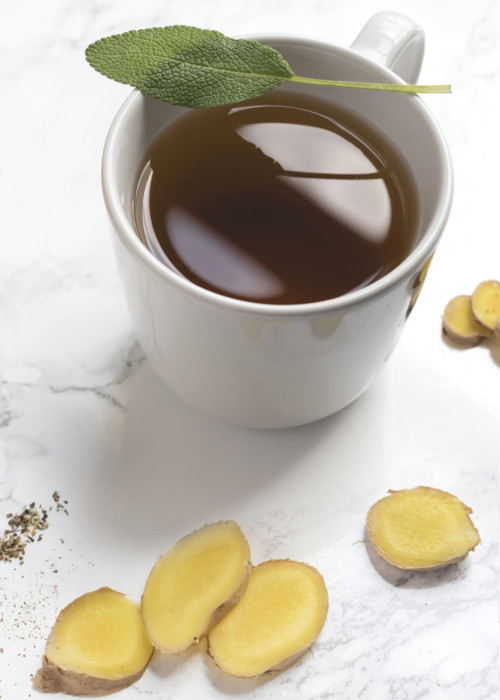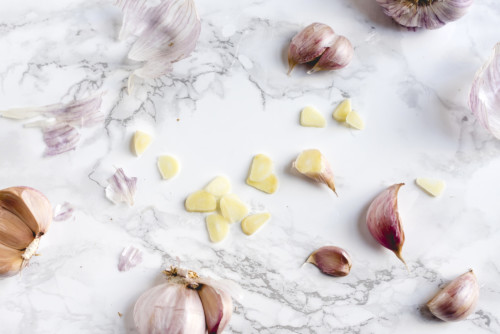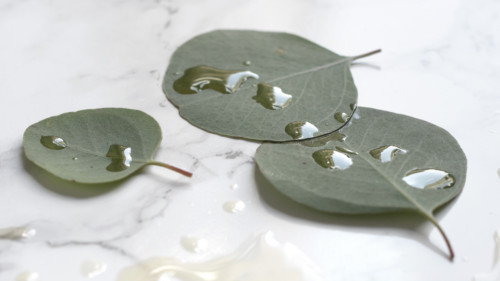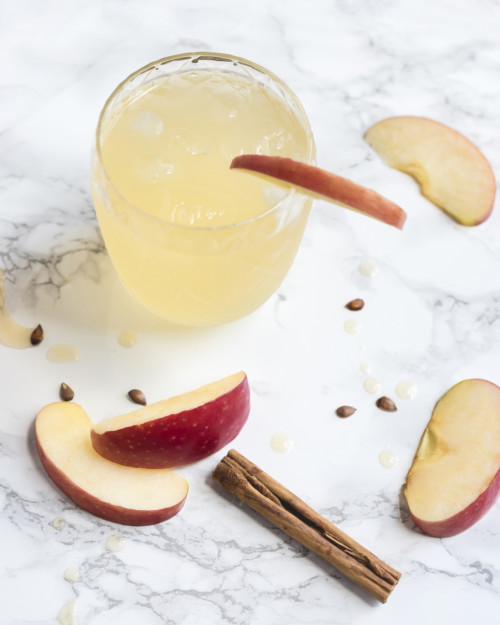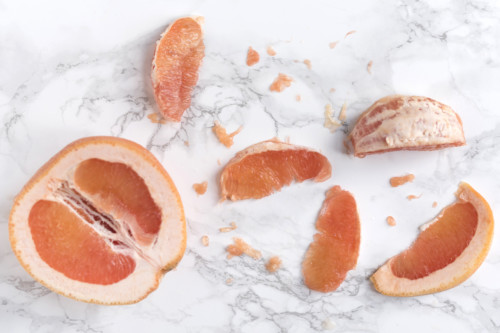
5 Natural Remedies for a Sinus Infection
It’s no secret that the over-use of antibiotics has come under fire as of late, and one of the most common venues in which this misuse plays out falls in the domain of sinus infections.
Sinus infections are bacterial infections that create pressure, swelling, and post-nasal drip that can also be triggered by allergies or other cold symptoms, which is why physicians will often prescribe antibiotics for acute symptoms even though a normal sinus infection will often heal itself in 7 to 10 days, according to the CDC, Mayo Clinic, and The New England Journal of Medicine. (After that, antibiotics are the recommended course of treatment– but with the remedies below, one can attempt to mitigate the effects.)
Below, we highlight a few natural remedies for sinus infections that can improve symptoms before they manifest into a full-blown infection.
Ideally, the affected person should start using these remedies at the first sign of symptoms, in order to reap maximum benefits.
Herbal Teas
Steam from boiling water can reduce congestion, and inhaling additional vapors can also alleviate nasal inflammation. According the the New York Sinus Center, making a mug of herbal tea and inhaling the soothing vapors is a great way to ease inflammation at the site. Look for herbal teas made with mullein leaf, chamomile, comfrey, marshmallow, and fenugreek, as they all bolster the respiratory system, or thyme, sage, and elderflower which are natural antimicrobials. Adding a slice of ginger (a potassium-rich antimicrobial) and/or lemon (another antimicrobial high in Vitamin C) can also help thin mucus and relieve pressure on the sinuses.
Garlic
Garlic is a known antibiotic and anti-inflammatory, high in Vitamin C, vital sulfur (which helps boost immune function), and other enzymes and minerals that help stave off cold and flu viruses. Working regular amounts of garlic in a healthy diet is one way to prevent sinus infections from occurring, but once symptoms manifest it can also be taken medicinal (either eaten fresh daily or taken[easyazon_link identifier=”B001GAOGGM” locale=”US” tag=”gardcoll03-20″] in pill form[/easyazon_link]) to help expedite recovery (though user be warned: eating a clove of fresh garlic can trigger acid reflux in those with digestive sensitivities).
Try mixing one chopped glove of garlic with a spoonful of raw, local honey, a squeeze of lemon juice, and a sprinkle of cayenne pepper.
Eucalyptus or Peppermint Essential Oils
[easyazon_link identifier=”B0019LRZ2A” locale=”US” tag=”gardcoll03-20″]Eucalyptus[/easyazon_link] and [easyazon_link identifier=”B00PV15BPW” locale=”US” tag=”gardcoll03-20″]peppermint[/easyazon_link] oils have long been used to relieve acute upper respiratory problems, from bronchitis (our Photo Editor’s Mother swears by it!) to the ever-popular Vick’s Vap-O-Rub, which harnesses the scent of both medicinal plants to open up the nasal passages. Both eucalyptus and peppermint oils are naturally antimicrobial and gentle enough to be applied directly to the bridge of the nose to help open up nasal passages. Our favorite way to use them is to put them in a humidifier of a bedroom to promote passive healing while you sleep (which is the best cure for any illness, by the way). According to one study by the University of Michigan, the active ingredient in eucalyptus oil, cineole, may speed recovery from acute sinusitis when inhaled (try using it in an [easyazon_link identifier=”B00MJDON2M” locale=”US” tag=”gardcoll03-20″]aromatherapy inhaler for targeted relief[/easyazon_link]).
Apple Cider Vinegar
Apple Cider Vinegar’s high pH helps thin and break up mucus (sorry, we had to say the word!) to help clear airways and reduce the incidence of swelling. With trace amounts of vitamins B1, B2, A, E, and calcium, potassium, and magnesium, it can also reduce allergy symptoms that might be triggering sinusitis. With its natural antibacterial, anti-fungal, and anti-inflammatory properties, Apple Cider Vinegar is also a great digestive aid: try diluting one tablespoon of ACL in 8 oz of room-temperature water and drinking it first thing in the morning and throughout the day (just be sure to use a straw to protect your tooth enamel).
Grapefruit Seed Extract
Made from the pulp and seeds of grapefruit, [easyazon_link identifier=”B0041QFI06″ locale=”US” tag=”gardcoll03-20″]Grapefruit Seed Extract[/easyazon_link] acts as a natural antibiotic and antiseptic that stabilizes the body’s pH (which fine-tuned it to fight infection!). According to Livestrong, Grapefruit Seed Extract can help kill fungus and bacteria in the sinus cavity, and can be taken in capsule or tablet form. Those not prone to seasonal allergies can also use it to irrigate the nasal passages when mixed with a safe saline solution or distilled water. Just follow the directions on your [easyazon_link identifier=”B000ITHH86″ locale=”US” tag=”gardcoll03-20″]Neti Pot[/easyazon_link] and add a few drops of the extract (be sure to start small– better to begin with a weaker dilution that a stronger one). This rinse can be used up to 2 or 3 times a day until symptoms subside.


























